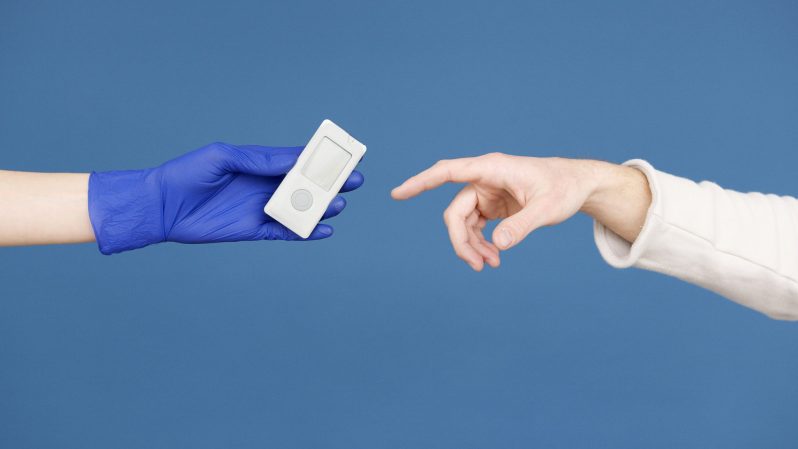
You probably have noticed, but there are a series of well-being posts this weekend all dedicated to general health concerns. The reason is quite simple: life isn’t a fairy-tale. Health problems come and go, but we need to know how to tackle them quickly before it becomes a chore.
I started to research adult diabetes when my mother was diagnosed with type 1 some years ago. She had to change her life completely. Changes that will be with her for a lifetime. She lost weight and got stronger. She got more courageous to face her condition. Although initially, it can be very imposing, diabetes is a chronic condition and there are ways to manage associated problems, including intimate life. The first and most important thing would be to talk to your partner and your doctor about the problem.
Problems caused by both types of diabetes

Loss of sexual desire is one of those problems that diabetics must face at some point in their lives, and it does not depend on how healthy they are. Besides, it is also not the easiest subject to bring to the table or even being discussed with a doctor.
According to the diabetes.co.uk “Up to 50% of men and 25% of women may experience sexual problems or a loss of sexual desire because of diabetes.”
Diabetes has a significant impact on your intimate life, but it is equally important to continue to have an active intimate life even after diabetes so that your overall quality of life and relationship are not affected. For some women, it’s common to feel pain and discomfort in the vaginal area during sex. And diseases such as the Urinary Tract Infection (UTI) are likely to reach more people with diabetes due to their lower immunity. The struggle is real.
The main genitourinary infections in diabetes that can happen in both men and women are:

Candidiasis is one of the most frequent infections in diabetes and is caused by the fungus of the genus Candida sp., most often by Candida albicans. This fungus is naturally present in the genital microbiota of both men and women, but due to the decrease in the immune system, there may be an increase in its amount, resulting in infection.
Tinea cruris is a fungus that can also be related to diabetes and may affect the groin, thighs, and buttocks, resulting in some signs and symptoms such as pain, itching, burning redness, and small red blisters in the affected organs.
What Should we do in this case?

Luckily, there is supportive natural medication that supports women suffering from the inflammation of the urinary tract. Herbs treatment can be an effective treatment option when the inflammation is detected in the early stages.
These types of medication act astringently preventing the further spread of infection and inflammation at the site of action. Besides, this effective vaginal body has no serious side effects. However, by controlling blood glucose and taking the necessary care to prevent infections, it is possible to have a normal life and live well with diabetes.

